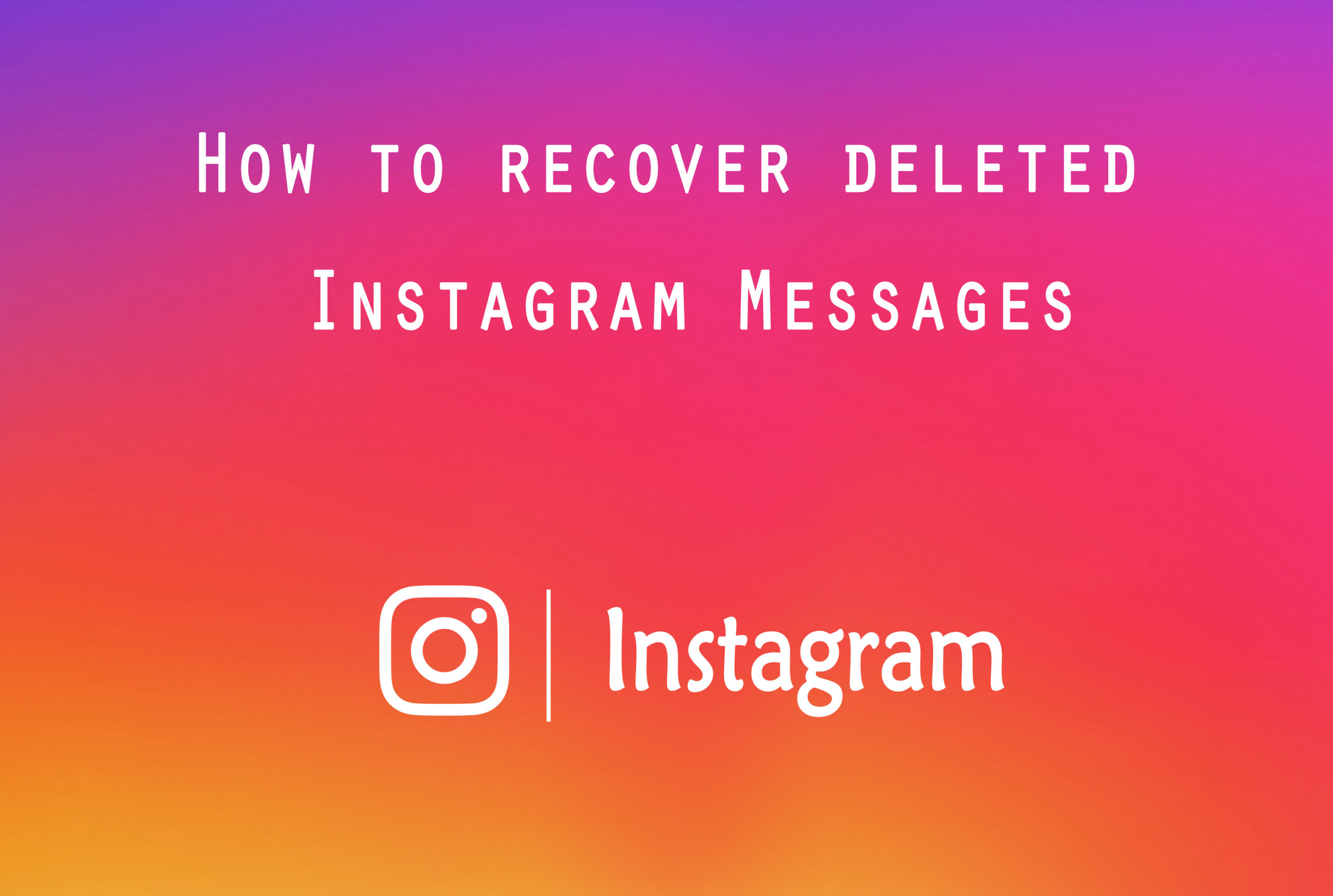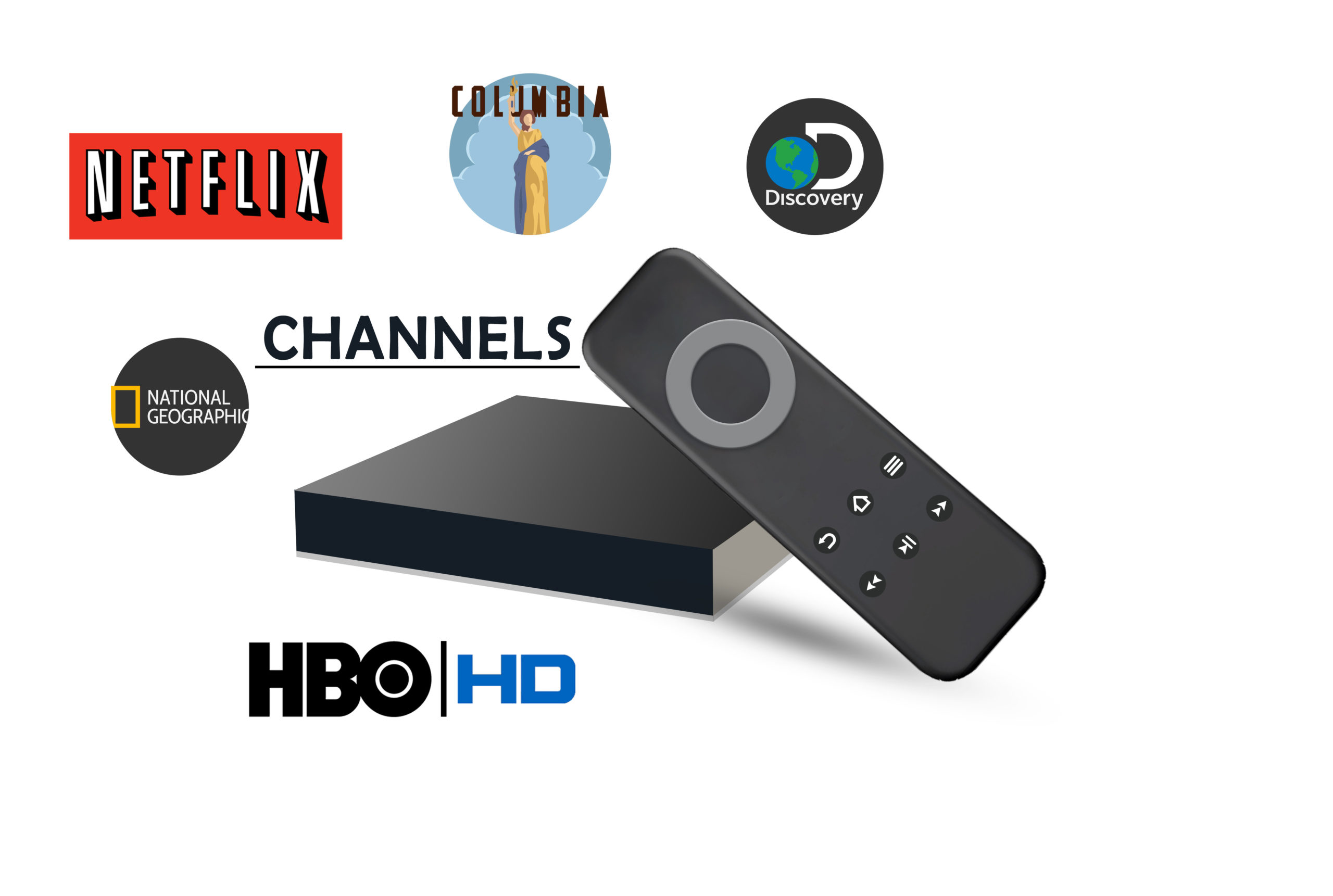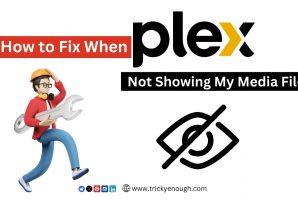Common knowledge will have you believe that there is no tangible difference between blogging and content marketing. It seems almost intuitive. Besides, a lot of marketers refer to what they do as ‘blogging’, so content marketing and blogging have to be the same thing right? Not really, no.
‘Content marketing’ is a broad term, so nobody would blame you for believing this piece of information, especially if you’re relatively new to the marketing world. ‘Blogging’ is a lot more specialized. Think of it as a subset of content marketing.
Having some understanding of this crucial fact is the first step on how to improve your blog’s readership and establish some authority around it. The most noticeable difference between the two terms is in their definition, but that’s barely scratching the surface. A lot more goes into it.
By definition
The first and most obvious difference marketers are going to realize is in the definition of the two terms. The formal definition of ‘blogging’ is ‘a regular feature posted online that relates to a particular topic and consists of personal commentary by one or more writers,’ at least according to Merriam-Webster.
Content marketing can also be broken down into ‘a way for companies to educate, inform or even entertain existing and prospective customers by driving engagement and attempting to convert the viewership/readership into sales or advocacy.’
The latter term is more well-defined, targeted and includes intent. It’s a tool used by marketers to either encourage customers to either be brand advocates or make a purchase. Blogging, on the other hand, can almost always be considered less formal than content marketing. It can be used for writing personal stories or even written for the sake of writing.
The exception to this rule are blogs written and maintained by professionals. These serve to offer advice and information related to specialized fields like law, medicine, or even marketing.
Unless the blog exists specifically to market a specific product, it still can’t be considered a content marketing platform. Other than that, blogs come in all manner of forms – political blogs, personal blogs, hobby blogs and so on.
The end goal
The definition of these two terms should help to bring into light the differences between the intent/end goal of blogging versus content marketing.
In summary, blogging can be done simply for the sake of writing. Some people use it as a way to improve their writing skills, so they never really promote their writing on social media or even have them indexed by search engines.
Other times, blogging can simply be done as a way to give their readers advice on certain topics or even recount events that happened in their lives.
As opposed to this, content marketing is usually a way to attract people with the end goal of converting them into brand loyalists or customers. To the untrained eye, this might not be as obvious, but marketing doesn’t always have to be. A well-placed link or a newsletter signup modal launched at just the right time can be an incredibly efficient marketing tool.
The types of content
Blogging is traditionally a way for people to document their personal lives and opinions. When video content eventually started gaining popularity, blogging would eventually branch out into ‘vlogging’, which should help give a little more context.
Think of how differently a company would approach a vlog versus the average YouTuber’s take on what a day in their lives is. A YouTuber isn’t (necessarily) trying to sell their viewership anything.
They could simply be briefing the viewers on what’s going on in their lives. If an employee was to do the same on official channels, they would almost definitely lose their jobs.
Content marketing encompasses almost every type of content. Apart from regular blog posts, other themes that form the ‘content’ in content marketing include:
- Infographics
- Social media posts
- Podcasts
- Video content
- White papers
Research and optimization
Since they are mostly personal accounts of a person’s opinions, personal lives or pieces of advice, regular blog posts barely require any form of research. Sure – facts, figures and certain non-intuitive information may need to be cited, but nobody would fault a blogger for not including a link to ScienceDaily to back up their figures.
Research is usually integrated into content marketing before the creation of the actual content even begins. The kinds of research required for content marketing includes keyword research, audience research, and other forms of SEO optimization.
It also usually includes the tools of data analytics tools to help judge how well certain topics do as compared to others to improve future writing. Blogging may also include the use of data to improve reach, readability and diversifying monetization, but it’s more likely to depend on this data to promote the popularity of the blog itself, rather than market a product.
Social media presence
Josh Wiggum, an SEO expert, notes that content marketers tend to have a much larger and more active social media following than regular bloggers.
He goes on to state that one of the main factors that set them apart is that bloggers tend to give up along the way because getting new followers is ‘too hard’, ‘too much work’ or they ‘plan on getting into it someday.’ This thinking is fundamentally flawed because social media is one of the largest drivers of traffic and conversions to both regular blogs and content marketing pieces today.
Bloggers that are just starting often have trouble figuring out which channels to promote and will resort to social media posts much later on in the pipeline. In contrast, one of the first things content marketers tend to do is post their content on social media. Often, even old content is reposed to social media because some information doesn’t ever go stale.
Thanks to the amount of research that goes into writing content marketing pieces, they are much easier to share.
Social sharing buttons are easy to spot – often found at the top of the page – and the content itself is written so that’s it’s quotable. Some websites integrate a snippet feature that simply allows the visitor to highlight the text and tweet it or send it to Facebook.
Call to Action
Since most blogs are topical, they tend to contain nothing more than a story about shared experiences or gives the users the information they are after and that’s the end of the user’s visit.
Content marketing is focused on using the content to encourage visitors to come back for more. A content marketing piece might have a newsletter subscription input box at the bottom of every blog post or a closing paragraph that urges them to read another article.
Readers who complete going through the whole article are more likely to subscribe to a blog or be interested in products a brand offers.
More established content blogs might entice the user with freebies like a whitepaper or access to research that’s only available to paying or registered visitors.
What does this mean for marketers?
A lot of content marketing platforms often start as regular blogs before gaining a sufficient following to grow into something larger.
David Lewis, a journalist, and an author for some of the top websites urge marketers to focus on growing their brand and establishing a reputation to make their content marketing efforts a success. Blogging is a great way to start, but it’s far from enough to encompass everything that should be a part of your marketing strategy.
Content marketing involves clearly defining your target audience, understand the channels through which you acquire visitors, what paths they take once they discover your content, defining your goals and measuring the outcomes.
Once this is done, start over from scratch with new content and improve on areas that could use a bit of polishing, based on what the data you acquired states.
Conclusion
Blogging and content marketing are close enough to each other that it might be easy to have the two terms mixed up. However, marketers need to understand the reason the difference between them, since the latter is your key to attracting the right kind of audience for your brand.
Content marketing is comparatively more complicated and involves much more work than blogging does but also has a higher return on income and is much more productive.
Like this:
Like Loading...













 8 Essential Ways to Build a Strong PPC Campaign
8 Essential Ways to Build a Strong PPC Campaign
Properly done content marketing can boost your your brand for years. Btw nicely put article. Thanks for sharing.
Very good! I appreciate you sharing your know how. Yes content marketing is very make money like, robotic in a lot of ways. Blogging is more humane the thought is deeper you get to learn a lot about yourself and I feel that you actually get smarter because you gain a lot of skills along the way. Good Post! Thanks again!